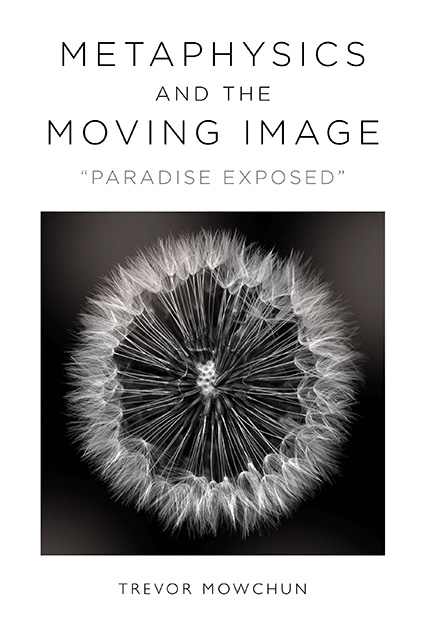Book contents
- Frontmatter
- Contents
- List of Figures
- Acknowledgments
- Introduction: The Death of God, the Birth of Film, and the New Metaphysics
- Chapter One Image Breakthrough: Disclosure and Derailment in Painting, Photography, and Film
- Chapter Two The Evolution of the Concept of “World” from Philosophy to Film
- Chapter Three Paradise Exposed: Psychic Automatism in Film Primer: “While the will is off its watch”
- Chapter Four Nature, Whose Death Shines a Light: Exteriority and Overexposure in The Thin Red Line
- Chapter Five “Mother, I am Dumb …”: The Reevaluation of Friedrich Nietzsche in The Turin Horse
- Notes
- Bibliography
- Index
Chapter Two - The Evolution of the Concept of “World” from Philosophy to Film
Published online by Cambridge University Press: 19 October 2023
- Frontmatter
- Contents
- List of Figures
- Acknowledgments
- Introduction: The Death of God, the Birth of Film, and the New Metaphysics
- Chapter One Image Breakthrough: Disclosure and Derailment in Painting, Photography, and Film
- Chapter Two The Evolution of the Concept of “World” from Philosophy to Film
- Chapter Three Paradise Exposed: Psychic Automatism in Film Primer: “While the will is off its watch”
- Chapter Four Nature, Whose Death Shines a Light: Exteriority and Overexposure in The Thin Red Line
- Chapter Five “Mother, I am Dumb …”: The Reevaluation of Friedrich Nietzsche in The Turin Horse
- Notes
- Bibliography
- Index
Summary
The world—how grand, how monumental, grave and deadly, that word is: the world, my house and poetry.
— William Gass, “In the Heart of the Heart of the Country”I. The World in the Palm of Philosophy
Words like “world” stand heavy and tall like majestic mountains in the distant horizon of the mind. They are not yet facts, or were once facts, or express the sort of fact that is difficult to check without attempting to untangle an ancient edifice of associations. Crossing them out is a minor protest which usually results in a synonym. Law-like and stratified with thought accruing over time, such words are difficult to rewrite or rethink or restrain, for they give us something to write and think and talk about in the first place. Much writing takes place on the “page” of these words or within their house, to echo Gass above. The words we believe we select with great care in expressing ourselves and acknowledging a shared world are as firmly planted as a tree and as real as the chair on which we sit. They are part of the world insofar as they tend to posit the same world over time. They are instruments; entire philosophies can be composed in their key; and when we put them to work towards this or that end, such words work miracles of revelation and paint pictures more vividly than any brush. It is like the mystery of facts so basic to daily intelligibility that we can no longer pinpoint as being true or false; of beliefs that cannot be so held because they have a hold on us first; of ideas carried along the winds of our words and imparted like secrets to those in search always for the right words. If the beginning is the word, it is because language is always already speaking, shouting in the case of big words like “world.” For this reason, the act of thinking, when it is genuine, can feel like the interruption or silencing of thought itself.
Philosophical concepts originate from words, more specifically from nouns. Metaphorically, they are as stars lining the history of ideas, monoliths of both worship and desecration, gathering places of the mind for those in search of community as much as truth.
- Type
- Chapter
- Information
- Metaphysics and the Moving Image'Paradise Exposed', pp. 61 - 102Publisher: Edinburgh University PressPrint publication year: 2023



